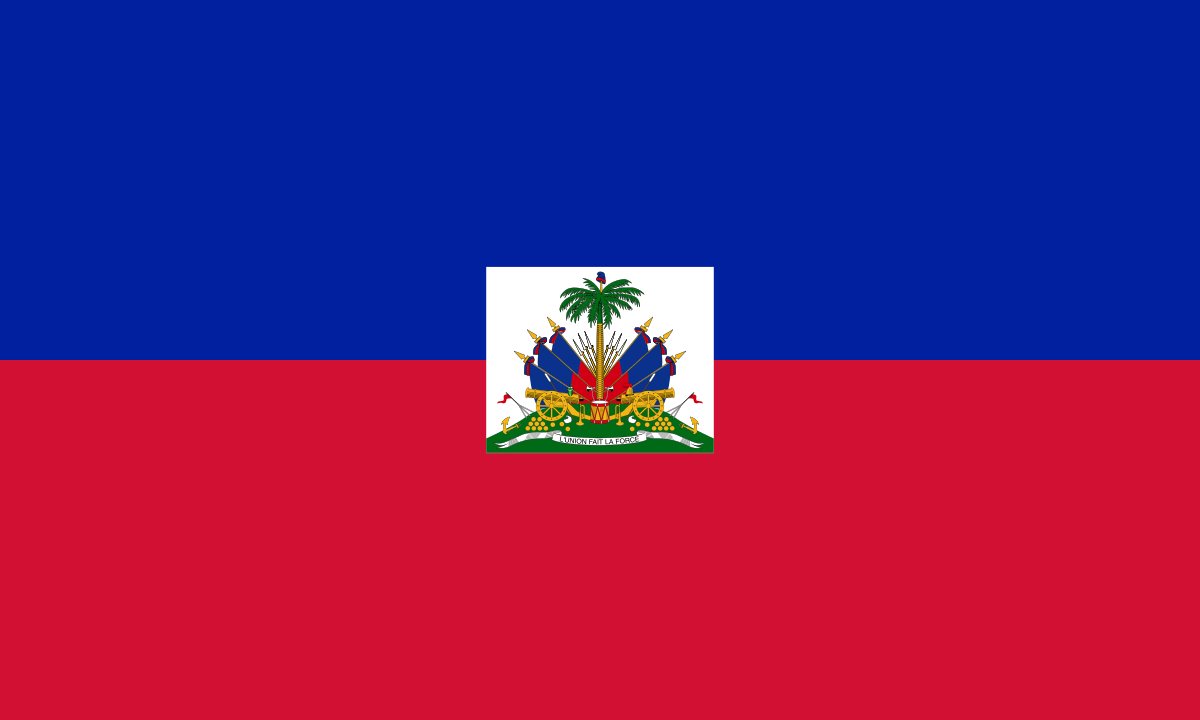
Key Points:
- Haiti grapples with unchecked gang violence, a political power vacuum, extreme poverty, and a breakdown of essential institutions. This interconnected web of problems is pushing the nation deeper into chaos.
- General Laura Richardson of the US Southern Command acknowledges that Haiti’s crisis has grown beyond the capacity of its institutions alone to resolve. She stresses the need for a concerted international intervention.
- While the need for intervention is pressing, the international community faces challenges in mobilizing resources, maintaining unity, and navigating the complexities of past interventions in Haiti.
Haiti’s escalating instability has reached a critical point. Gang warfare, coupled with a dire humanitarian situation and severe political deadlock, has pushed the nation to the brink. General Laura Richardson, Commander of U.S. Southern Command, has sounded the alarm about the growing severity of Haiti’s crisis. She stresses the urgent need for coordinated international intervention to help Haiti regain stability.
The Factors Driving Haiti’s Crisis
Haiti’s downward trajectory owes much to an interlocking web of challenges. Unrelenting gang violence leaves communities terrorized, disrupting daily life and impeding access to basic necessities. The breakdown of the rule of law fuels this violence, with overwhelmed and underfunded law enforcement unable to stem the tide. Haiti’s political vacuum further destabilizes the nation; since President Jovenel Moïse’s assassination in 2021, the country has lacked an elected leader, leaving a legitimacy crisis that deepens public frustrations. Chronic economic hardship, characterized by crushing poverty and limited opportunities, exacerbates social tensions and provides fertile ground for criminal activity.
General Richardson’s Assessment
General Laura Richardson, speaking at a recent Atlantic Council event, offered a stark appraisal of the Haitian situation. She emphasized that Haiti cannot overcome its multi-faceted crisis without significant external assistance. Richardson cited the growing humanitarian emergency and the potential long-term regional impact as key reasons for an immediate international response.
Potential Avenues for Global Intervention
Challenges to International Action
Despite the urgency, mobilizing an effective international response remains fraught with challenges. Generating the political will for action, especially amidst numerous global crises, will be difficult. Regional complexities might also create divisions about the best approaches. Moreover, the history of international intervention in Haiti is checkered, and designing a strategy that avoids past pitfalls will be crucial to gain Haitian citizens’ support.
General Richardson’s call for international action throws a harsh spotlight on the severity of Haiti’s plight. As the crisis continues to worsen, the global community faces a problematic yet unavoidable question: how will it respond to a nation on the brink of collapse? Failure to act decisively could lead to even greater instability with devastating consequences for Haiti and potentially impacting the broader region. Time is not on Haiti’s side, making the need for a concerted global response more urgent than ever.
